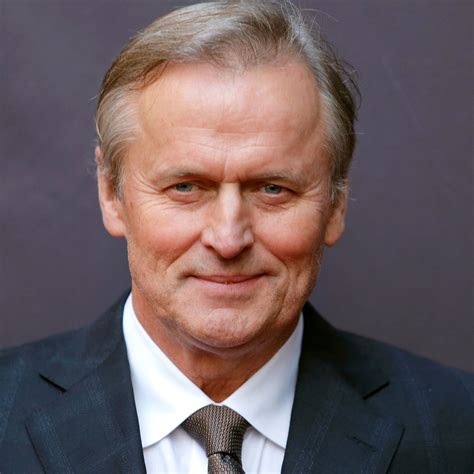A Quote by Edmund Burke
All human laws are, properly speaking, only declaratory; they may alter the mode and application, but have no power over the substance of original justice.
Related Quotes
And because it may be too great a temptation to human frailty, apt to grasp at power, for the same persons, who have the power of making laws, to have also in their hands the power to execute them, whereby they may exempt themselves from obedience to the laws they make, and suit the law, both in its making, and execution, to their own private advantage.
It may be said that the power of preventing bad laws includes that of preventing good ones; and may be used to the one purpose as well as to the other. But this objection will have little weight with those who can properly estimate the mischiefs of that inconstancy and mutability in the laws, which form the greatest blemish in the character and genius of our governments.
The state is the only institution entitled to apply coercion and compulsion and to inflict harm upon individuals. This tremendous power cannot be abandoned to the discretion of some men, however competent and clever they may deem themselves. It is necessary to restrict its application. This is the task of the laws.
Power properly understood is nothing but the ability to achieve
purpose... one of the great problems of history is that the concepts of love and power have usually been contrasted as opposites --- polar opposites --- so that love is identified with a resignation of power, and power with a denial of love... What is needed is a realization that power without love is reckless and abusive, and love without power is sentimental and anemic. Power at its best is love implementing the demands of justice, and justice at its best is power correcting everything that stands against love.
The doctrines thus delivered we call the revealed or divine law, and they are to be found only in the holy scriptures.. are found upon comparison to be really part of the original law of nature. Upon these two foundations, the law of nature and the law of revelation, depend all human laws; that is to say, no human laws should be suffered to contradict these.
It is one thing for the human mind to extract from the phenomena of nature the laws which it has itself put into them; it may be a far harder thing to extract laws over which it has no control. It is even possible that laws which have not their origin in the mind may be irrational, and we can never succeed in formulating them.
There has been no clearer principle of English or American constitutional law than that, in criminal cases, it is not only the power and duty of juries to judge what are the facts, what is the law, and what is the moral intent of the accused; but that it is also their power, and their primary and paramount duty, to judge the justice of the law, and to hold all laws invalid, that are, in their opinion, unjust or oppressive, and find all persons guiltless in violating, or resisting the execution of, such laws.
Though nihilism has been relentlessly criticized for overemphasizing the dark side of human experience, it might be equally true that this overemphasis represents a needed counterbalance to shallow optimism and arrogant confidence in human power. Nihilism reminds us that we are not gods, and that despite all of the accomplishments and wonders of civilization, humans cannot alter the fact that they possess only a finite amount of mastery and control over their own destinies.










































